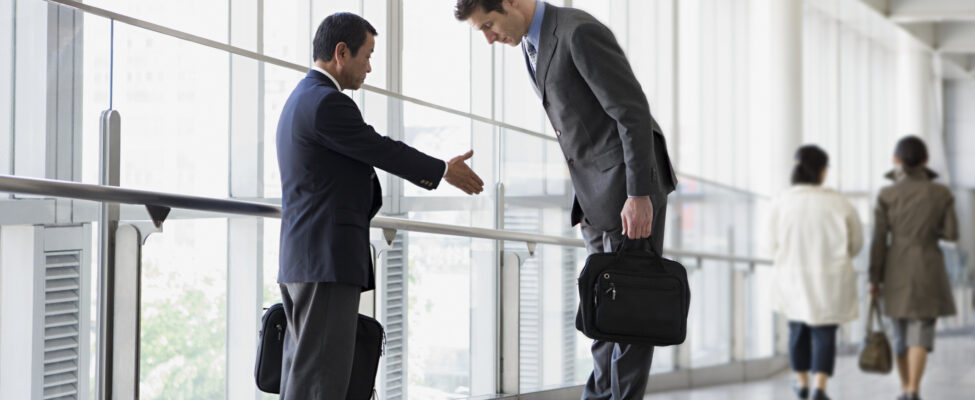How to be polite when speaking natural British English
Is being polite important in your country? Do you think you are more polite when speaking British English or when speaking your mother tongue? From my point of view, when people hear British English, the first thing they notice is a repeated use of ‘please’ and ‘thank you’. This makes them think British English is a very polite language and the national characteristic is being polite. However, this is not always the case on two accounts. Firstly, the 4 nations of Great Britain – England, Northern Ireland, Scotland and Wales, are known locally for more than just being polite. In fact, locals are known respectively for being emotionally reserved with a ‘stiff upper lip’, eating so many potatoes that they can differentiate between hundreds of varieties, spending as little money as possible, and being avid, loud and natural singers. Secondly, natural British English speakers know that saying ‘please’ and ‘thank you’ doesn’t always make you polite. Certain phrases and expressions increase the level of politeness far more than these two words. And sometimes, ‘please’ and ‘thank you’ can even be rude!
Phrases that mean ‘please’
Would you mind if I… (sat here? / turned off the music?)
Would you mind (swapping seats? / not smoking in this area?)
May I… (have a drink?)
It would be great if you could (welcome the guests / sit over there)
Could you kindly… (let me know at your earliest convenience?)
I wonder if you would be able to… (help?)
Would you be able to… (assist this passenger?)
If you don’t mind, could you… (make the booking for us?)
Phases that mean ‘please don’t’
I would prefer it if you didn’t (eat with your fingers) meaning = ‘Please don’t eat with your fingers’
It would be for the best if (you didn’t say that) meaning = ‘Please don’t say that’
Phrases that mean ‘thank you’
Ta! (very informal)
Cheers! (informal)
Cheers for… (something e.g. your help today / that / taking me to the station)
Cheers, mate, appreciate it! (informal, common between men) meaning = ‘thank you my friend, I appreciate your help’
Thanking you (old fashioned, neutral)
Phrases that mean ‘no thank you’
A: Shall we go for a coffee?
B: I’m afraid I can’t. (neutral) meaning = ‘no thank you’
Sorry but that’s not my kind of thing (informal) meaning = ‘I decline your offer’
Skiing’s not really my cup of tea (informal) meaning = ‘no thank you, I don’t like skiing’
Rude uses of ‘thank you’
Thanks, but no thanks – expression ‘I don’t like what you are offering me’ (rude)
Thanks for nothing – expression ‘I thought you would help but you haven’t and I’m annoyed.’ (very rude)
Negative use of please
Can I borrow your jacket? Hello?! I can I borrow your jacket…. (big pause) Please! (rude / sarcastic to say please loudly after a big pause)
Pretty please? – idiom ‘I’m asking you really nicely so please do it’ (cute/humorous/persuasive)
Please! You’ve got to be kidding! That’s the 4th train strike this week! – expression ‘I don’t believe it. No way!’ (angry)
Don’t give me that, please! – expression ‘I don’t believe your excuses’ (irritated)
Would you like to use any of these phrases instead of saying ‘please’ or ‘thank you’? Which ones appeal to you? Let us know in the comments below! We love to hear what you think about speaking natural British English here at PS English!
Take care,
Emma
Interested in learning natural British English?
As a school of English in London, we specialise in private lessons
– both face-to-face and online.
We offer a free consultation to all students. Please click here to book your free consultation.
If you are looking for a tailor-made private English lesson
with flexibility and a high quality native English teacher, PS English can help you.
We look forward to hearing from you!

